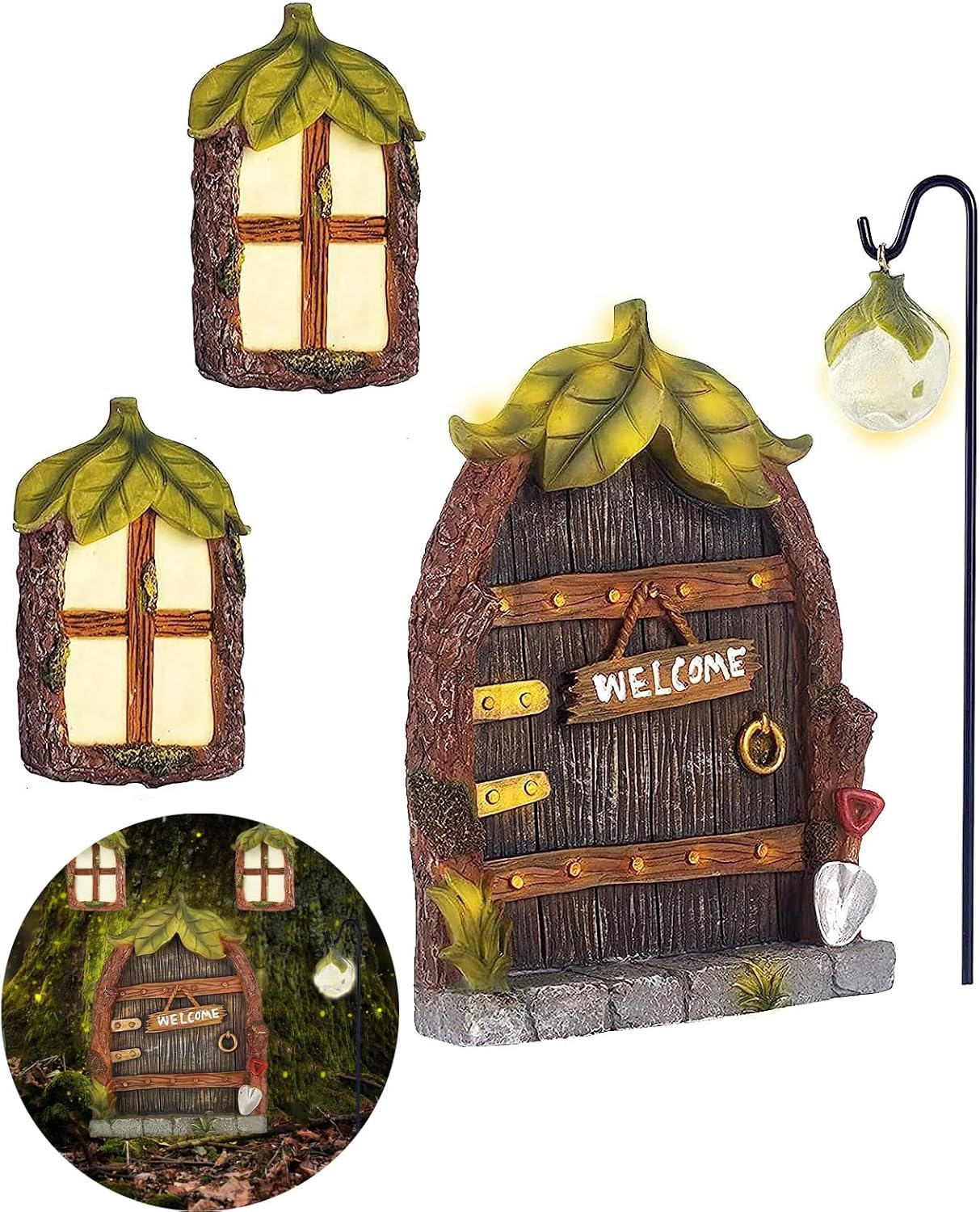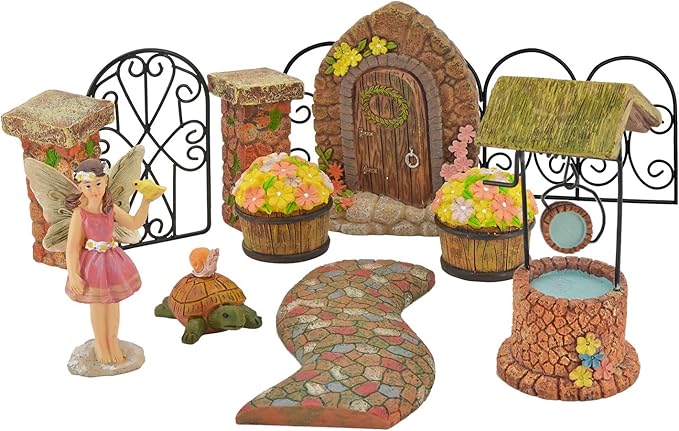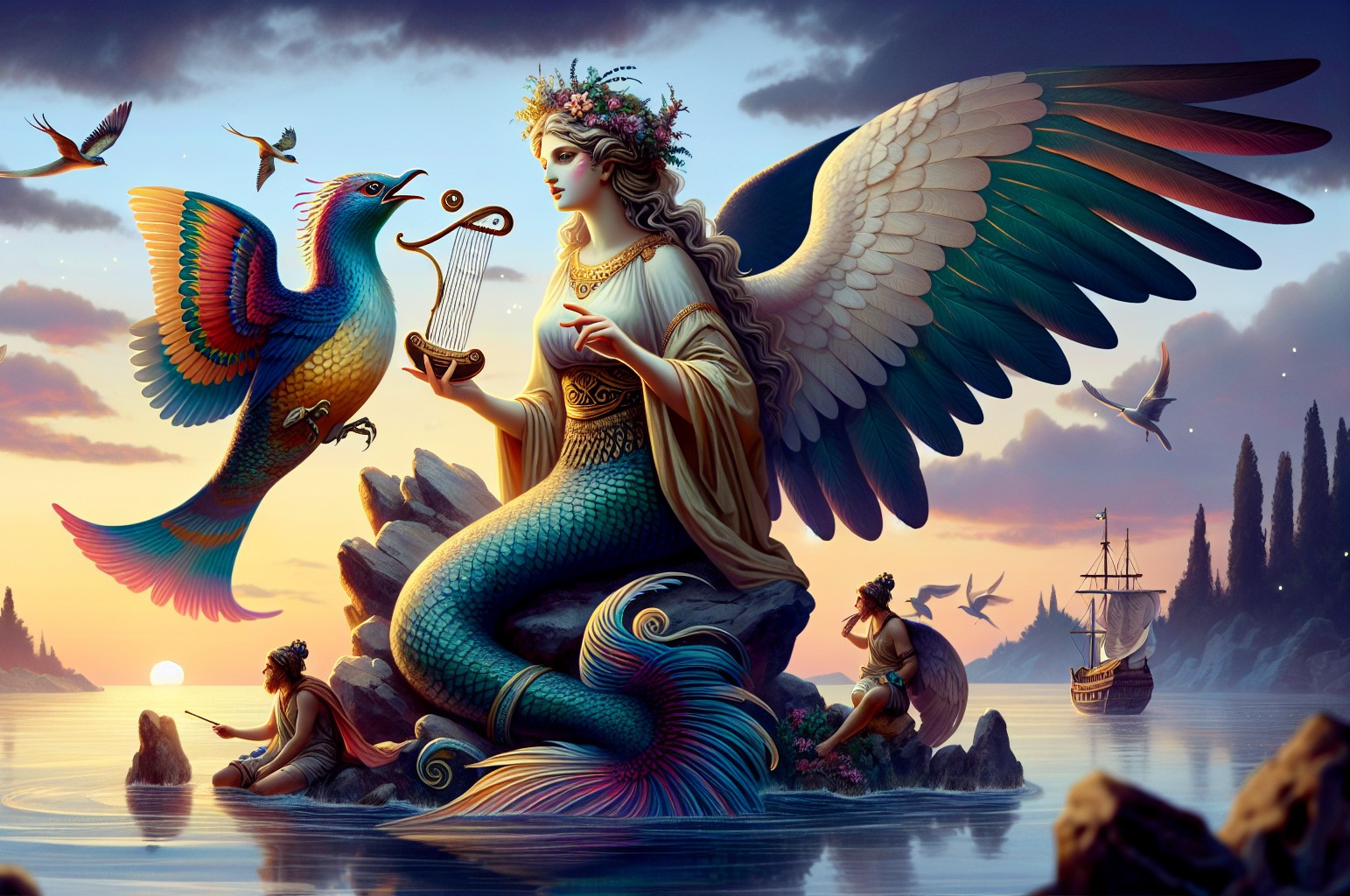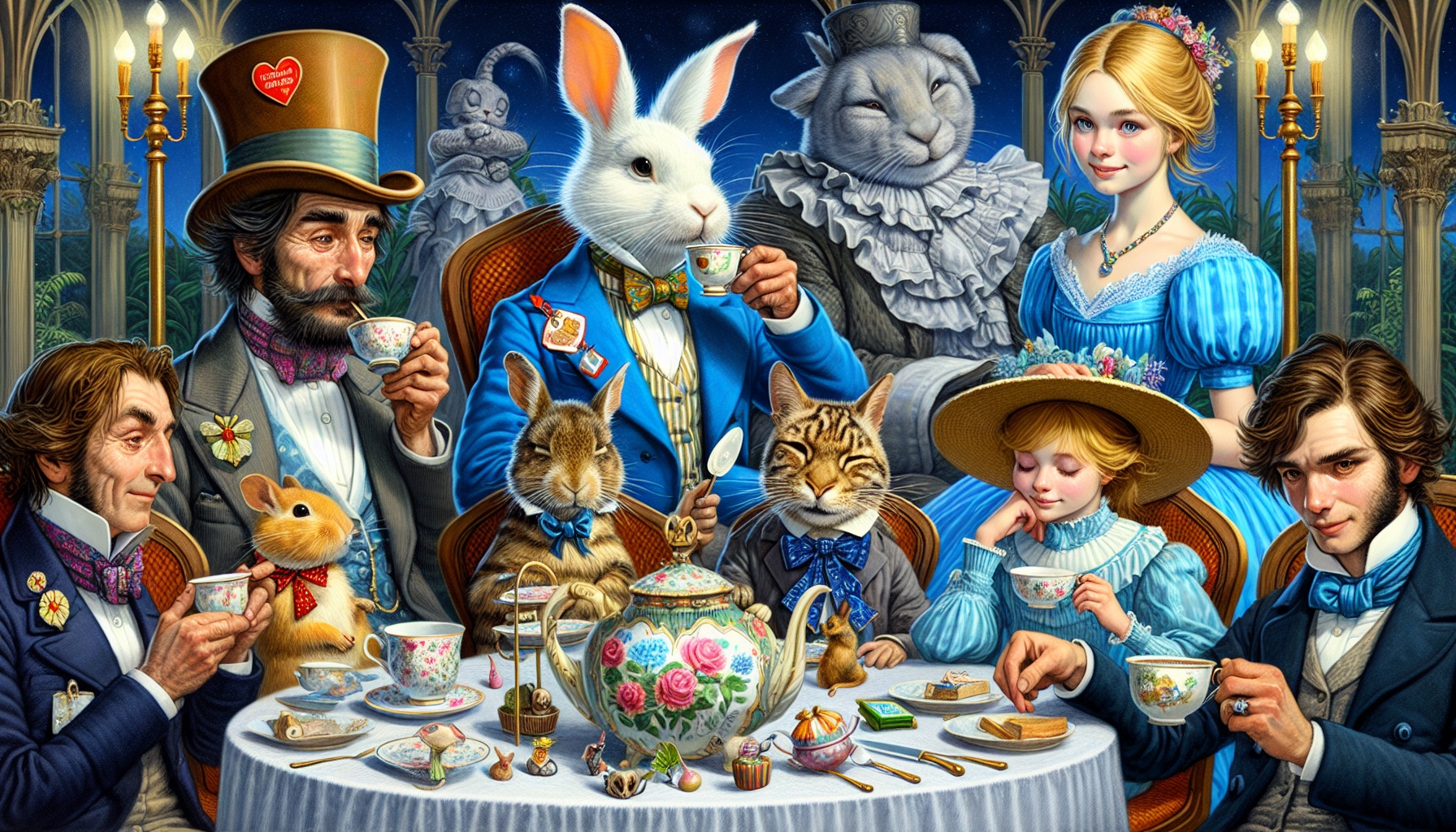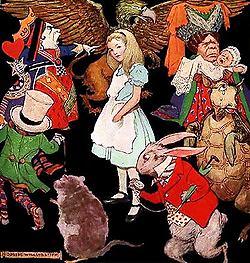- Home
- Fairy Blog
- Fairy Cakes
- Fairy Quotes
- Safety Dance
- What is a Fairy?
- Are Fairies Real?
- Faeries
- What are the Fae?
- Fairy History
- Origin of Fairies
- Fairies in Folklore
- Pixies
- Pixie Fairy Differences
- Gothic Fairies
- Tooth Fairy
- Fairy Festivals
- Fairy Gardens
- Fairy Garden Accessories
- Fairy Forests
- Fairy Poems
- Fairy Tales
- Fairy Tale Origins
- Classic Fairy Tales
- 24 Fairy Tales
- About Fantasy Creatures
- Dragons
- Dwarves
- Elves
- Gnomes
- Leprechauns
- Mermaids
- Unicorns
- Free Fairy Art
- Fairy Coloring Pages
- Chinese Dragon Art
- How to Draw a Dragon
- Chinese Dragon Drawing
- Dragon Coloring Pages
- Fairy Tattoo Ideas
- About Us
- Contact Us
- Disclaimer
- Privacy Policy
Are leprechauns real
or just a part of folklore?
Are Leprechauns real or just a part of folklore?
- What does the word "leprechaun" mean? Let's see where the word "leprechaun" came from. One possibility is "luchorpan", defined as one who is short, small, or half-bodied. Another possibility is "luch-chromain", which means small Lugh; a Lugh is one of the heroes of a mythical early Irish race of little people. Yet another possible derivation is "leath brogan", which means shoemaker.

Have you ever wondered are leprechauns real or just a part of folklore? Do Leprechauns exist? It's a question that many people ask, especially around St. Patrick's Day when images of these little green-clad, bearded men are everywhere. You might even find people wearing T-shirts with slogans like "Kiss Me, I'm Irish" and shops selling miniature leprechaun hats. But are these mythical beings real, or are they just a part of folklore?
Are Leprechauns real or just a part of folklore. What does the word "leprechaun" mean? Let's see where the word "leprechaun" came from. One possibility is "luchorpan", defined as one who is short, small, or half-bodied. Another possibility is "luch-chromain", which means small Lugh; a Lugh is one of the heroes of a mythical early Irish race of little people. Yet another possible derivation is "leath brogan", which means shoemaker.
To answer this question, we first need to understand what a leprechaun is. Leprechauns are figures from Irish folklore, which is a collection of stories, myths, and legends passed down from generation to generation in Ireland. According to these stories, leprechauns are small, magical creatures, known for their love of mischief and their hidden pots of gold.
The stories about leprechauns have been around for hundreds of years. They are thought to be the shoemakers of the fairy world, and their name might even come from the Irish words 'leath bhrogan', which means 'shoemaker'. They are often described as little old men, dressed in green, who are very elusive. Some tales say that if you catch a leprechaun, he will grant you three wishes in exchange for his release. However, leprechauns are also known to be quite tricky, so you'd have to be very careful in dealing with them!
Are leprechauns real or just a part of folklore?
Now, back to the question: Are leprechauns real or are they just a part of folklore?
In the literal sense, no, leprechauns are not real. There is no scientific proof or documented evidence that leprechauns exist. No one has ever caught a leprechaun, found a pot of gold at the end of a rainbow, or been granted three wishes by one. They are not recognized as existing species by scientists or researchers.
But does that mean that leprechauns are not important or that they don't "exist" at all? Well, not quite!
Even though leprechauns may not exist in the physical world, they are very much alive in the realm of imagination, stories, and cultural tradition. They play a big role in Irish folklore and have become a symbol of Irish culture and heritage. They also serve as a fun way to celebrate St. Patrick's Day, whether you're in Ireland or anywhere else in the world.
Moreover, the stories about leprechauns can also teach us important life lessons. For example, many tales warn against the dangers of greed. Leprechauns are often shown to trick those who try to steal their gold, teaching the lesson that it's not right to take what doesn't belong to us.
Even though we can't catch a leprechaun or find their pot of gold, we can still enjoy the stories and traditions that they represent. So, in the world of imagination, folklore, and cultural heritage, leprechauns certainly do exist!
Are Leprechauns Real or just a part of Folklore
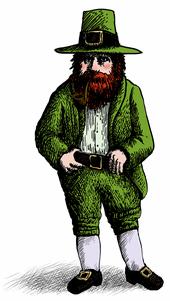
Are Leprechauns real or just part of Irish folklore and mythology, and while they are culturally significant and widely recognized symbols of Ireland, they are not real in a literal sense. They are mythical creatures, much like unicorns or mermaids, and there's no scientific evidence to support their existence.
The tales of leprechauns, their pots of gold at the end of the rainbow, and their mischievous antics come from centuries-old Irish stories and have been passed down through generations. These stories often serve as cautionary tales or a way to explain natural phenomena or human behavior.
In a broader cultural sense, leprechauns are very "real." They play a significant role in Irish culture and St. Patrick's Day celebrations, and they've been featured in countless books, movies, and other forms of media. The idea of leprechauns can inspire creativity and imagination, and the stories about them are an important part of our global cultural heritage.
Read more about the origins of Leprechauns here.
Are Leprechauns Real or just a part of Folklore
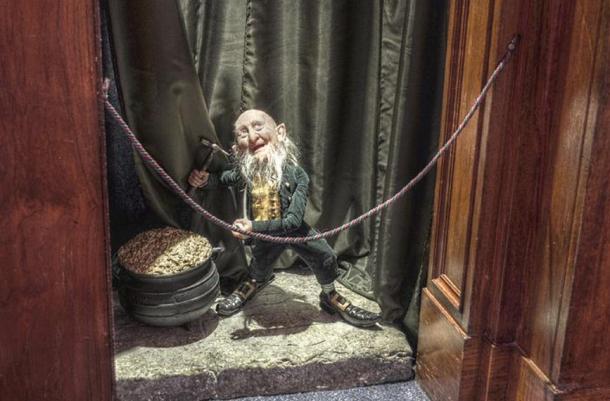
Are Leprechauns Real or are they just a part of Folklore?
Throughout history, these enchanting creatures have inspired an array of stories that serve a variety of purposes, entertaining listeners, teaching moral lessons, or offering explanations for natural phenomena. The enduring nature of these tales showcases the timeless appeal of the mystical and unknown elements of our world.
Moreover, leprechauns have also found their way into international celebrations, most notably St. Patrick's Day, where they are celebrated as a central figure. From playful decorations to 'leprechaun traps' created by children, these mythical beings continue to charm and engage people of all ages.
In the realm of literature and media, leprechauns have been portrayed in many ways, from the traditional cobbler to the mischievous trickster, to even villainous characters. They've starred in books, movies, cartoons, and video games, further solidifying their place in global culture.
While leprechauns as physical entities, do not exist. Their cultural, symbolic, and imaginative existence is very powerful. They represent a rich tradition of storytelling and folklore, capturing human fascination with the mystical, the promise of fortune, and the thrill of a good trick. Their enduring popularity attests to the power of imagination and the enduring appeal of cultural mythologies.
In conclusion, while leprechauns may not be real in the sense of being living, breathing creatures that we can see and touch, they are an important part of Irish culture. They exist in the stories we tell, the traditions we follow, and the lessons we learn. So the next time you see a picture of a leprechaun or celebrate St. Patrick's Day, remember the rich tradition and folklore that these little mythical beings represent!
If you think that you want to catch a Leprechaun, read here!
Read more about Leprechauns here.
Accessories for your Fairy Garden!
Are you building a Fairy Garden? This door, windows and lantern would look super cute - CLICK HERE for more information and to order on Amazon.
Fairy Product of the Month
Design your own miniature fairy garden with this Fairy Garden Kit
CLICK HERE for more information and best price!
Recent Articles
-
Sirens in Greek Mythology - luring sailors to their death with songs!
Jul 08, 25 10:56 AM
Sirens in Greek Mythology - How do mermaids and sirens fit together in Greek mythology? Find out here! -
Who Was Lewis Carroll? The life and history of Alice's author!
Jul 08, 25 08:30 AM
Who Was Lewis Carroll? Read about the life, history and career of the author of Alice in Wonderland and other tales. -
The Mad Hatters Tea Party. Read about Alice and the unusual tea party
Jul 08, 25 06:53 AM
The Mad Hatters Tea Party. At the heart of Alice's adventures is the unusual tea party hosted by the Mad Hatter!
